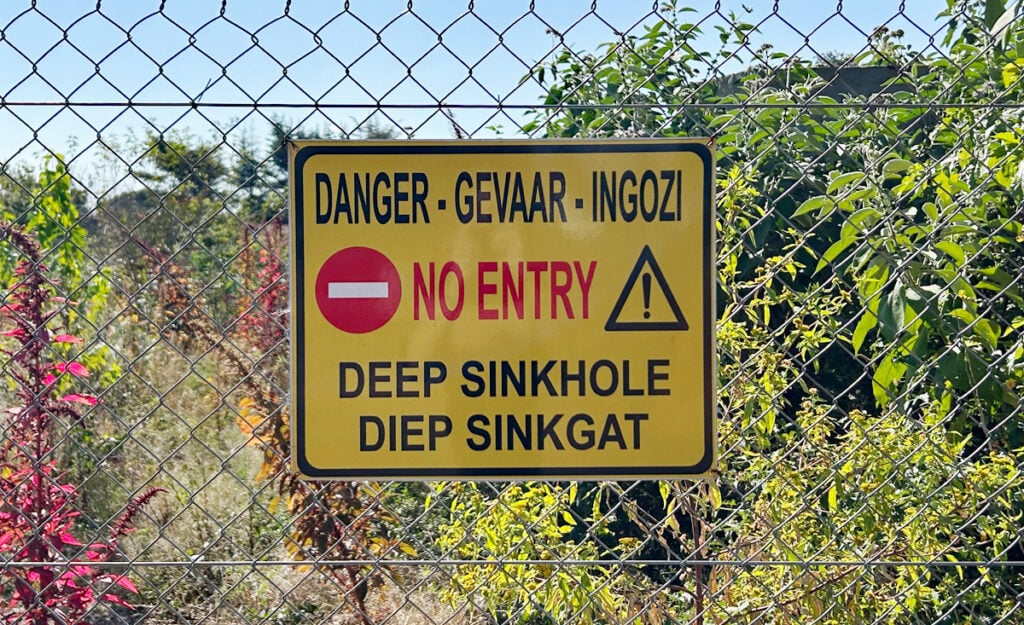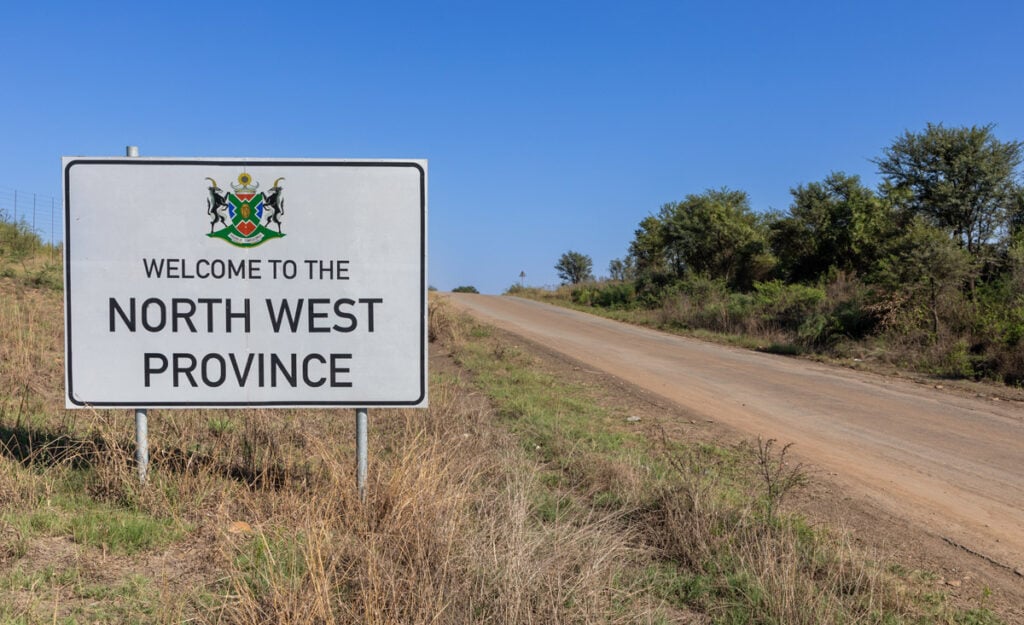
South African motorists are struggling with rapidly climbing prices for new and used cars.
As such, they are becoming increasingly reliant on payment plans to afford a new set of wheels, but this can be a very risky venture if you aren’t 100% sure what you are signing up for.
While certain finance options may sound like a great deal on paper with lower monthly instalments, it’s likely to be offset by a costly balloon payment that could void your entire purchase.
This was an expensive realisation for an Eastern Cape motorist.
Only one payment left, but it’s a big one
A citizen in the Eastern Cape recently had his car repossessed despite meeting the required instalments for nearly five years.
The individual purchased a VW Polo Comfortline on a finance arrangement with WesBank and agreed to pay R2,637 per month for the next 60 months.
This agreement was maintained for 59 months, after which the person happily thought he had finally paid off his new car, only to be met with a final bill for R52,148 for a balloon payment on the 60th month.
A balloon payment is a policy in a vehicle finance arrangement that reduces the monthly instalments in exchange for a large lump sum, based on a percentage of the car’s purchase price, that needs to be paid when the contract is over.
It can often catch unaware motorists off-guard, who think they are getting a good deal but are ultimately stuck with a significant payment left at the end of the term.
In the case of the Polo buyer, he claimed that he had no idea there was still a balloon payment due on the car, and that it was never explained to him.
He refused to pay the considerable sum, which subsequently led to the car being repossessed through a default judgement order obtained by WesBank, with two people arriving at his place of work to collect the VW without prior notice.
The consumer claimed that he never received a summons or any notification in terms of the National Credit Act, and as a result, he was unaware of the outstanding debt.
Furthermore, since the bank ceased debiting the monthly instalments from his account, he assumed that there was nothing left to be paid.
The individual approached the Eastern Cape High Court in Grahamstown to resolve the matter, after which his attorney discovered that a summons had been issued for the outstanding amount.
The buyer and his attorney then proposed a new finance agreement of R2,500 per month for the remaining sum, but the bank asked for a total of R5,269 per month.
WesBank disputed that the individual had not known about the balloon payment, as it formed part of the formal contract he had signed.
The court sided with the bank, stating that it is the responsibility of the consumer to ensure that an arrangement could be made to settle the remaining debt after the debit order collection had lapsed.








